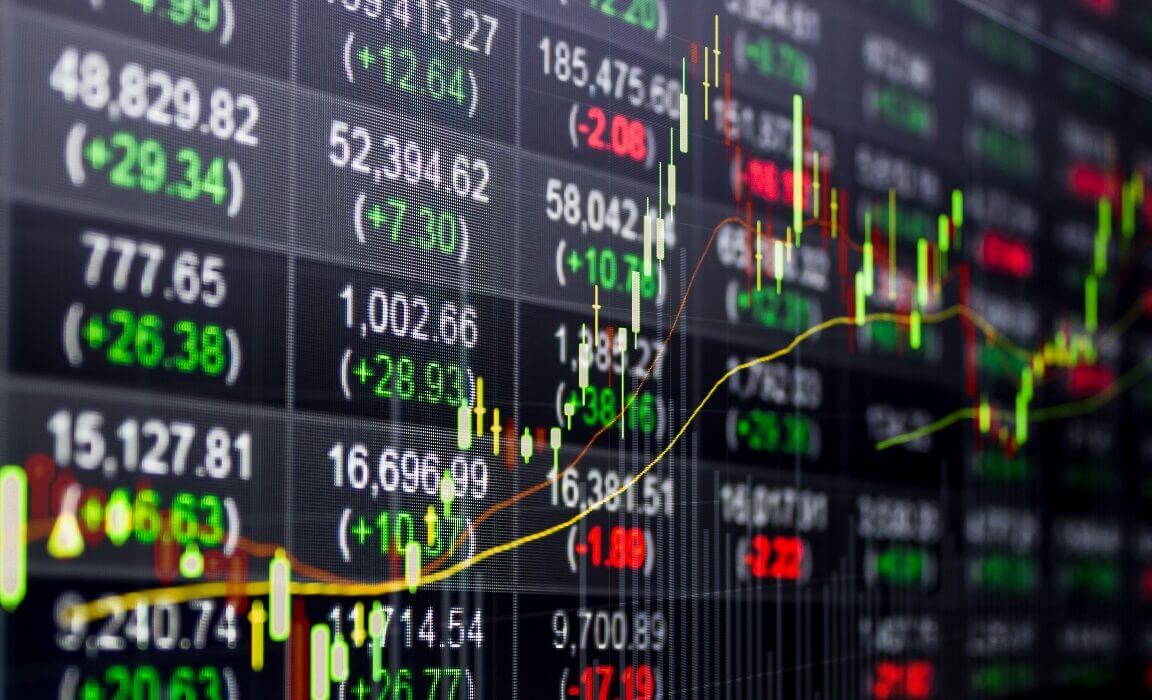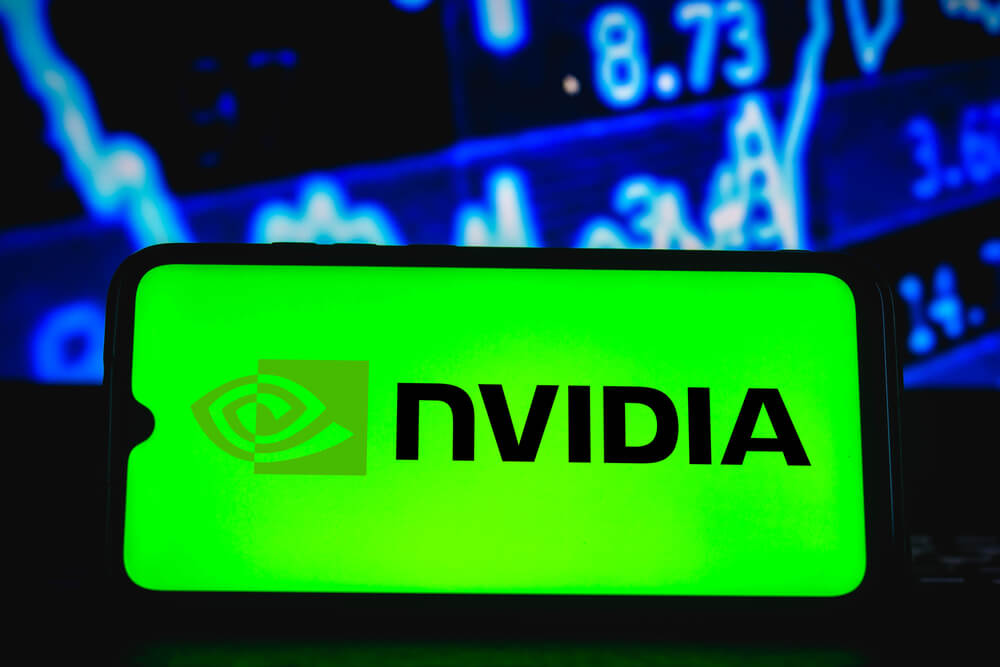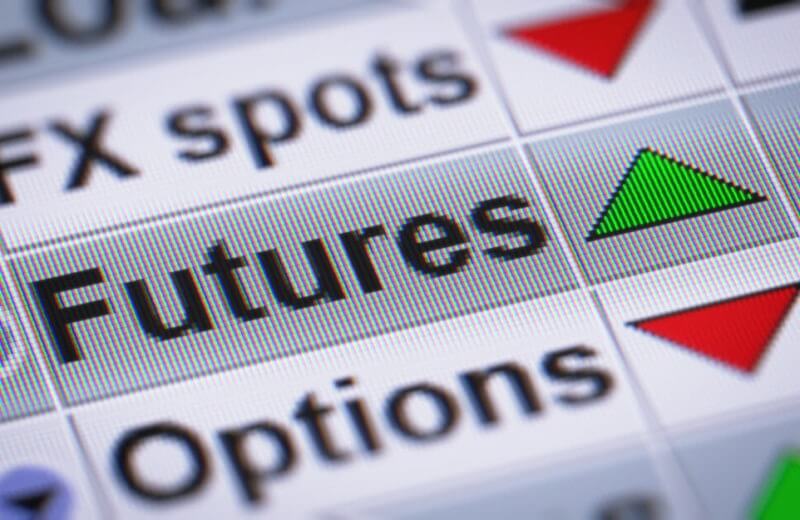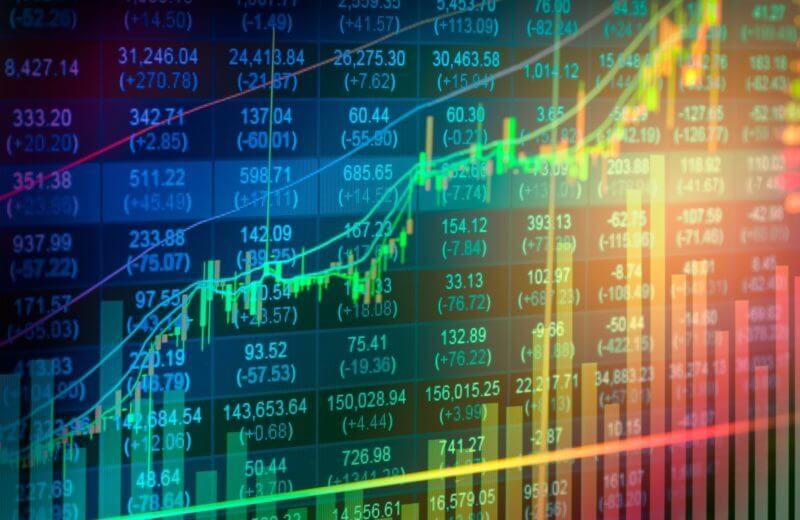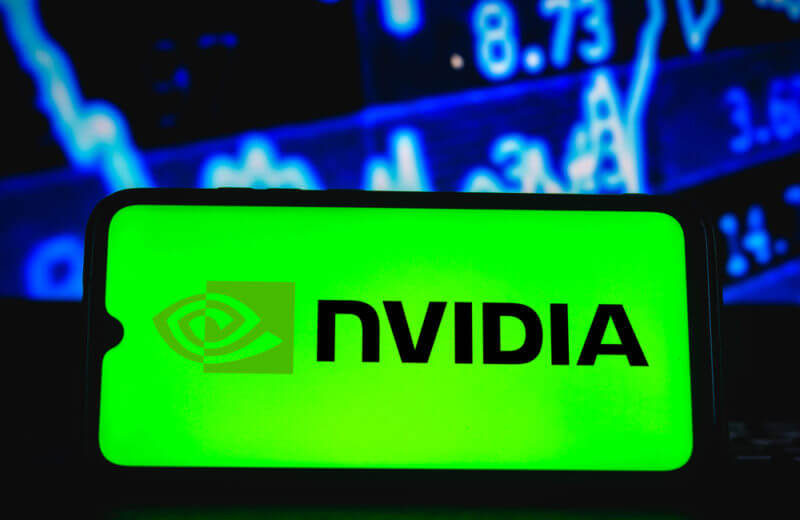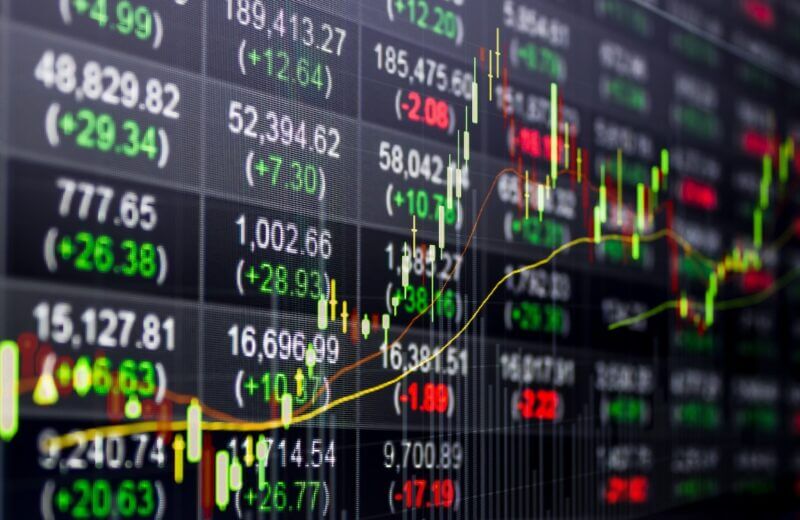Key Points
- Stock Market Index Declines: Nasdaq fell 0.4%, S&P 500 by 0.8%, and Dow Jones by 1.5%, driven by interest rate concerns.
- Nvidia Shares Surge: Nvidia’s shares rose over 9%, exceeding $1,000 after strong first-quarter earnings.
- Boeing Delays Impact Shares: Boeing’s delivery delays led to a 7% share drop, affecting the Dow Jones.
On Thursday, Nvidia’s shares soared over 9%, surpassing the $1,000 mark for the first time in history. This impressive rise followed the company’s stellar first-quarter earnings report, significantly outperforming Wall Street’s forecasts. The positive impact on Nvidia’s shares was substantial, reflecting raised guidance and bolstering investor confidence in the artificial intelligence and chipmaking sectors. Other tech stocks followed suit, with Dell experiencing a 4% increase in its share price, further highlighting the positive sentiment within the industry.
Boeing Stock Falls 7% Due to Delivery Delays
Conversely, Boeing faced a challenging day as it announced delays in its plane deliveries. This news triggered a sharp 7% drop in Boeing’s shares, casting a shadow over the aerospace giant’s immediate prospects. The announcement hurt Boeing and negatively impacted the Dow Jones Industrial Average, contributing to a broader market decline. The setback underscores ongoing supply chain and production challenges, intensifying concerns about Boeing’s ability to meet its delivery commitments.
Stock Market Reacts to Fed Minutes with Interest Rate Worries
The release of the Federal Reserve’s minutes reignited investor worries about the trajectory of interest rates. This development added to the downward pressure on the market, with concerns that higher interest rates could dampen economic growth. These minutes highlighted the Fed’s ongoing struggles to balance economic stability with inflation control. The market’s reaction underscored the prevailing anxiety among investors regarding monetary policy, which continues to influence trading behaviours and market sentiment.
PMI Surges to 54.4 in May, Highest in Two Years
The May S&P Global Purchasing Managers Index (PMI) revealed a robust reading of 54.4, up from 51.3 in April. This flash reading, which surpassed economists’ expectations, indicated that business activity had accelerated faster in two years. However, this positive economic signal paradoxically contributed to market declines. The stronger-than-expected PMI suggested that the Federal Reserve’s efforts to control price pressures might not be as effective as hoped, reinforcing fears of persistent inflation and its potential impact on interest rates.
Dow Drops 600 Points, Major Indices Decline
The overall market response to these events was mixed, with significant declines across major indices. The Nasdaq Composite fell by 0.4%. Meanwhile, the S&P 500 dropped by 0.8%. The Dow Jones Industrial Average plummeted by 1.5%, losing 600 points. This marked its worst day since March 2023. “Interest rate worries dominated investor sentiment,” encapsulating the market’s primary concern. Despite Nvidia’s exceptional performance, it failed to spur a broader market rally, highlighting financial markets’ complex and often contradictory nature.


